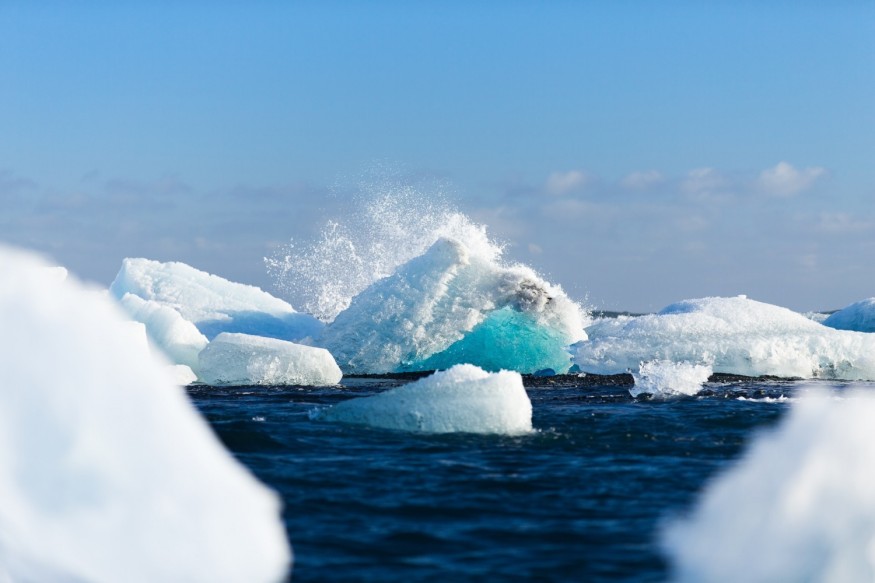Antarctica is a vast icy continent containing massive chunks of ice because of a prehistoric glaciation, which scientists predict to have taken place approximately 35 million years ago. Despite the ancient roots of Antarctica, the warming of the planet seems to have taken its toll on the continent. In previous decades, researchers have shown that the South Pole and its surrounding Antarctic ice are gradually melting from the face of the Earth.
In fact, a new study led by scientists from the United Kingdom found that the Antarctic ice shelves have incurred significant ice loss since 1997. They also warned that this ice shelf retreat can have dangerous environmental repercussions, including an imminent global sea level rise in the coming decades and centuries. These findings were made after the UK researchers surveyed dozens of ice shelves in the said frozen wasteland.
Antarctic Ice Shelves

Ice shelves, which are only found in Antarctica, northern Canada, Greenland, and the Russian Arctic, are floating frozen platforms of ice that form in places where a glacier or ice sheet flows downstream to a coastline and into the ocean surface.
In Antarctica, these large, icy structures are common but have started to melt drastically due to ocean currents and winds on the continent's western side, according to previous research.
Now, a new study published in the journal Science Advances on October 12 shows that Antarctic ice shelves moderate or control the contribution of the "Antarctic Ice Sheet" to global sea level rise. The scientific paper's lead author Benjamin Davison, from the University of Leeds, stated that ice shelves are floating extensions of glaciers.
Davison highlights that importance of ice shelves which serves "like the gatekeepers" that prevents the larger glacier from completely flowing into the water or open ocean. This means that if these shelves collapses, there will be no barrier between a melting Antarctic ice and the world's oceans.
Global Sea Leve Rise
The focal point of the study is that the incurred ice loss in Antarctica may sooner or later aggravate the threat of global sea level rise in the future. Climate scientists in the past projected such ocean level rise will affect not only immediate coastal communities but also low-lying areas.
With this, the UK research team presented the annual mass budget of all Antarctic ice shelves between 1997 and 2001; highlighting that out of all 162 ice shelves in Antarctica, 71 lost mass, 29 gained mass, and 62 did not incur significant mass change. Among the ice shelves that lost mass, 48 lost over 30% of their initial mass.
During the said period, Antarctic ice shelves lost approximately 8.3 trillion tons of ice. The alarming facts do not stop here, as Davison pointed out that deep losses were seen in four glaciers that lost over a trillion tons of ice on the Antarctica Peninsula and on its western side.
© 2025 NatureWorldNews.com All rights reserved. Do not reproduce without permission.

